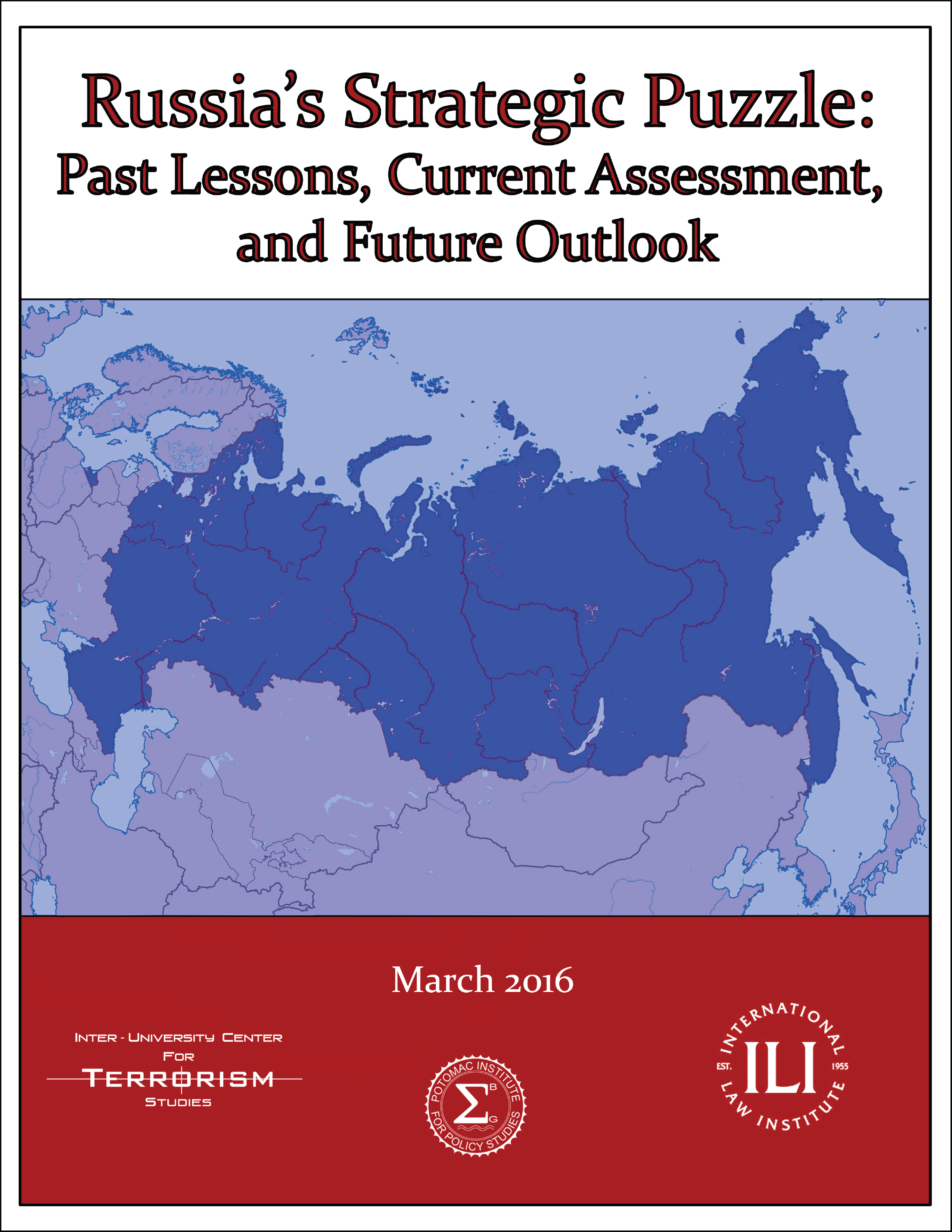Publications
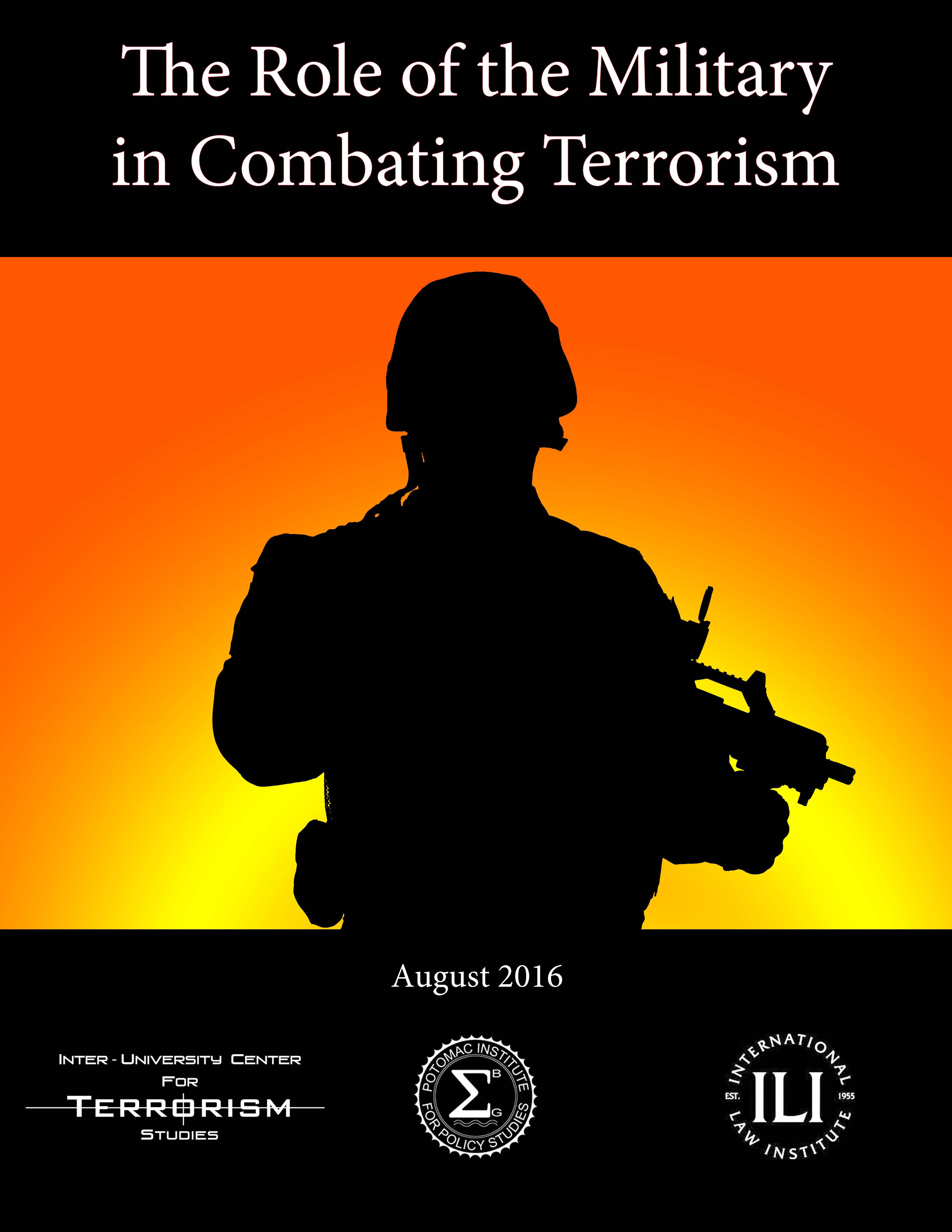 The role of force in the struggle for power within and among nations is a permanent fixture of international life. As James Madison observed during a debate on the adoption of the Constitution in 1787, “There never was a government without force.” Likewise, Sir Winston Churchill in a note to the First Sea Lord on October 15, 1942 remarked: “Superior force is a powerful persuader.”
The role of force in the struggle for power within and among nations is a permanent fixture of international life. As James Madison observed during a debate on the adoption of the Constitution in 1787, “There never was a government without force.” Likewise, Sir Winston Churchill in a note to the First Sea Lord on October 15, 1942 remarked: “Superior force is a powerful persuader.”
Clearly, the primary actors capable of resorting to power domestically during periods of peace are the police and other law enforcement agencies. They are mandated to implement the preservation of public order, and thus represent the first layer of protection for civilians, including citizens, permanent residents, and visiting foreigners. These designated governmental bodies seek to encourage “good behavior,” prevent illegal activities, warnof potential internal threats, and develop strategies to assure an effective national security environment in accordance with the requirements of the administration of justice.
And yet, from time immemorial, military forces in particular have projected power at home and abroad during periods of both war and peace. It is not surprising therefore that there exists a comprehensive literature in this field, from antiquity to the contemporary era. Suffice to mention the infinite theological and secular sources covering the nature, role, and impact of armies on the direction of the statecraft of nations. For example, early religious texts focused on God’s directing military operations (e.g., assurance of victory),organizational structures (e.g., standing armies and mercenaries), arms supplies (e.g., slings, chariots, provisions), strategies and tactics (e.g., intelligence and spoils of war), and the virtues and vices of battles (e.g., magnanimity in victory and treatment of prisoners)...
Download the full PDF here.
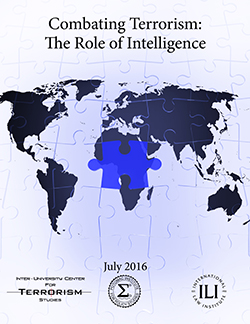 The failure of contemporary societies during the past sixty years in the post-World War II period to effectively combat terrorism at home and abroad is, indeed, puzzling. After all, all nations are fully aware that the most critical element in combating the challenge of terrorism is intelligence. That is, the knowledge acquired, whether overtly or covertly, for the purpose of both internal and external statecraft.
The failure of contemporary societies during the past sixty years in the post-World War II period to effectively combat terrorism at home and abroad is, indeed, puzzling. After all, all nations are fully aware that the most critical element in combating the challenge of terrorism is intelligence. That is, the knowledge acquired, whether overtly or covertly, for the purpose of both internal and external statecraft.
And yet, despite this awareness, the grim reality is that terrorism is still attractive and works. For instance, according to recent press reports, during the past year and a half alone some 2,063 attacks were recorded in the Middle East, Africa, and Asia, with a death toll of 28,031. Likewise, 46 attacks occurred in Europe and the Americas, and as a result of which some 658 were killed.1
The purpose of this introduction is to provide an academic context for the apparent lingering confusion regarding the nature and implications of intelligence in democracies. It presents a brief overview of the challenge of modern terrorism, outlines key aspects of the role of intelligence in confronting the threats at home and abroad, and reports on the two latest academic efforts in this security area that are incorporated in this study.2
Download the full pdf here.
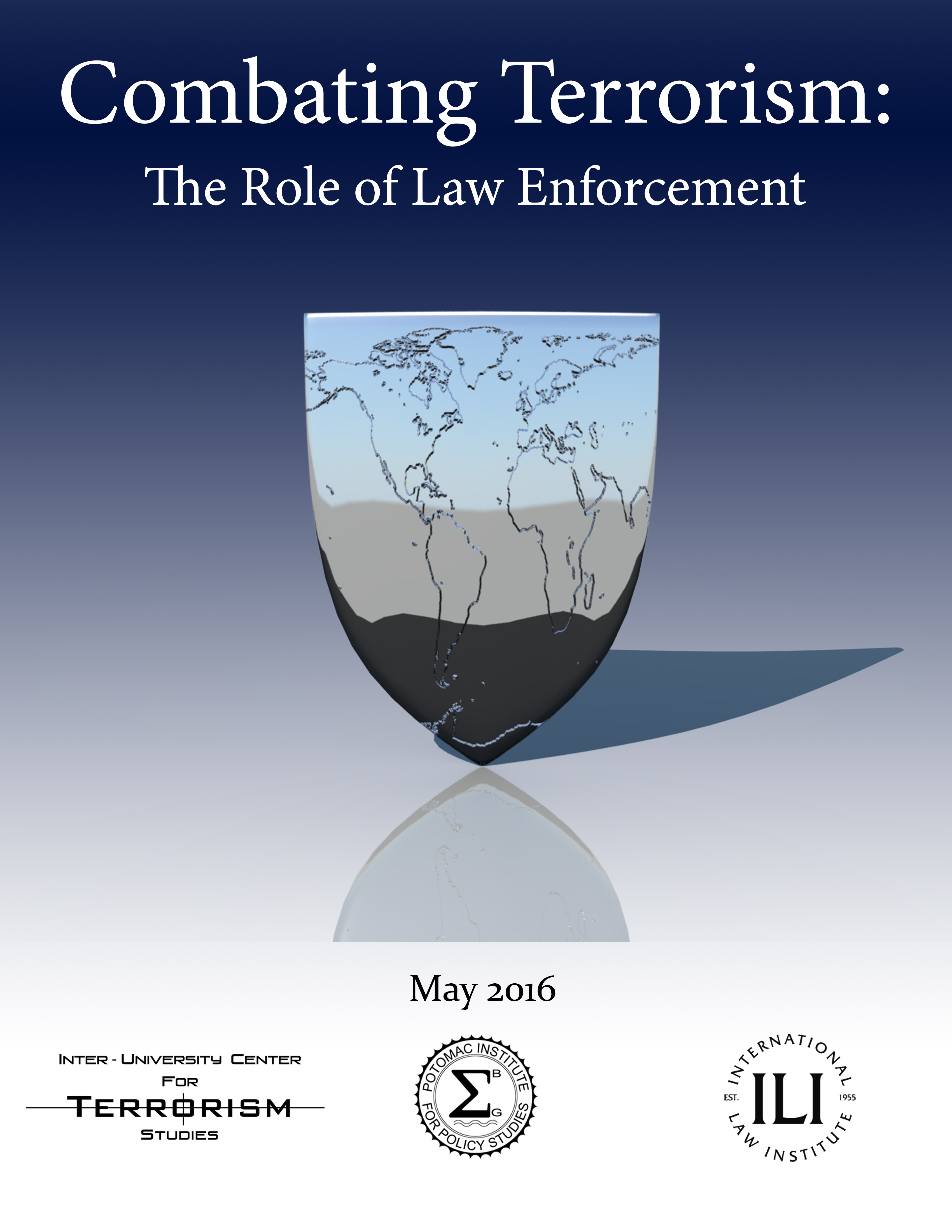 The International Center for Terrorism Studies produced a report in May reflecting on past and current assessments as well as anticipated future outlooks for the role of law enforcement in combating terrorism. The purpose of this report is to deal only with some selected terrorism-related dangers, focusing on law enforcement and police responses.
The International Center for Terrorism Studies produced a report in May reflecting on past and current assessments as well as anticipated future outlooks for the role of law enforcement in combating terrorism. The purpose of this report is to deal only with some selected terrorism-related dangers, focusing on law enforcement and police responses.
Additionally, a wide range of academic and practitioners’ phraseology must be noted in connection with the meaning of “terrorism.” Generic terms such as radicalization, extremism, violence, conflicts, armed struggle, war, and even peace spring to mind. Thus, “terrorism” challenges include organized crime, piracy, low intensity or low-level conflicts, guerrilla campaigns, insurgencies, asymmetric warfare, civil wars, cyber dangers, and weapons of mass destruction (e.g., biological, chemical, radiological, and nuclear).
In the face of such and other security concerns, the missions of law enforcement and police agencies are therefore linked directly or indirectly to broad frameworks of national, regional, and inter-regional response strategies and tactics. Among the numerous prevalent concepts, mention should be made of those such as anti-terrorism, combating terrorism, counter-insurgency efforts, clandestine operations, overseas contingency activities, targeted killings, and the global war on terrorism.
Download the full pdf here .
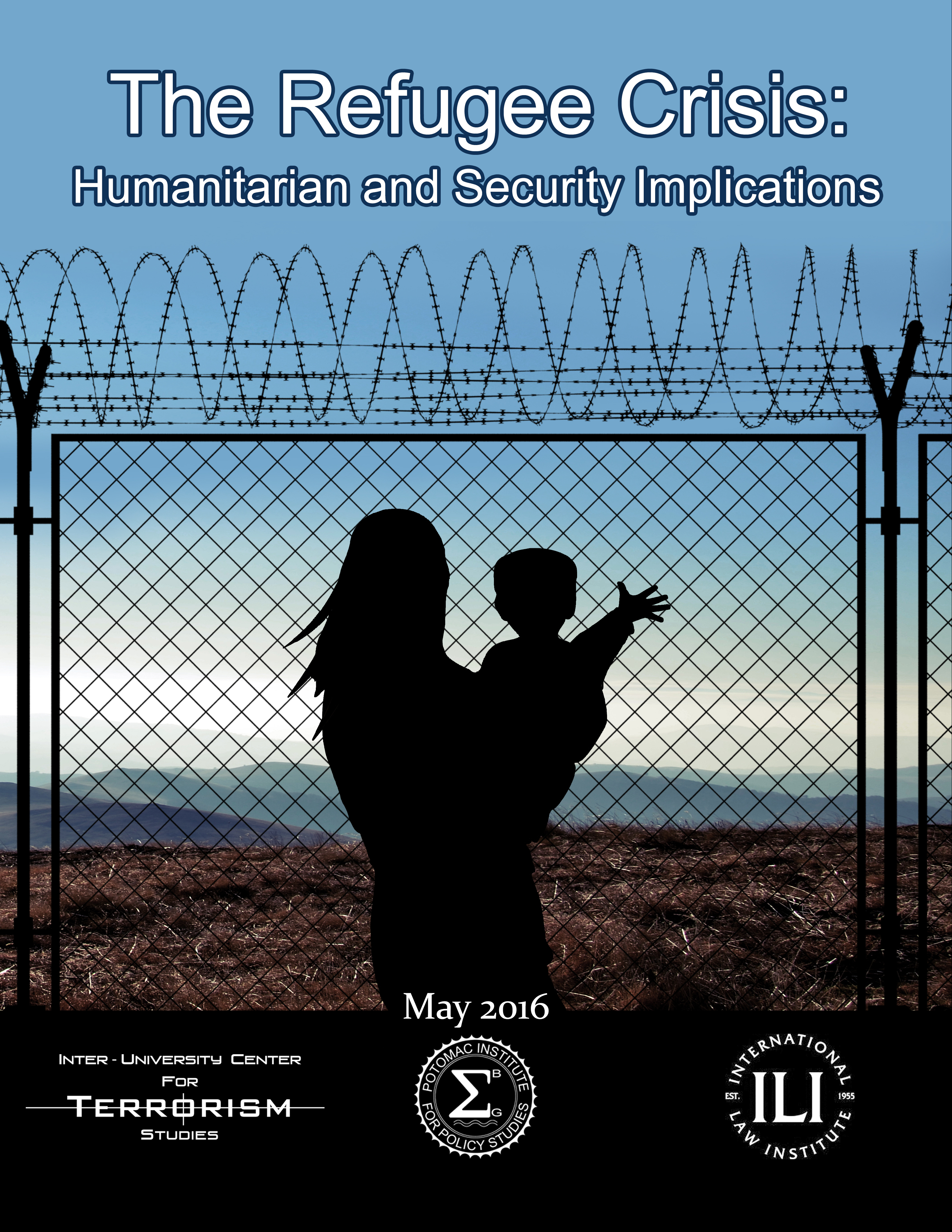 From time immemorial humanity has been challenged by a wide range of manmade calamities, usually resulting from criminality, corruption, political violence, and economic and technological disasters. These events have been labeled by historians and contemporary observers as dangers bringing fear, suffering, destruction, and death. Such misfortunes were also characterized as multiple forms of “humanitarian and security crises” facing all societies.
From time immemorial humanity has been challenged by a wide range of manmade calamities, usually resulting from criminality, corruption, political violence, and economic and technological disasters. These events have been labeled by historians and contemporary observers as dangers bringing fear, suffering, destruction, and death. Such misfortunes were also characterized as multiple forms of “humanitarian and security crises” facing all societies.
One of the most lingering and devastating manifestations of this reality is the “refugee crisis.” According to a popular definition “refugees are people who vote with their feet,” as described by Berliner Illustrirte on crowds fleeing from Communist East Germany in its 1961 Special Issue. A more “formal” articulation of the term is provided by Merriam-Webster dictionary, stating that a refugee is “one that flees; especially: a person who flees to a foreign country or power to escape danger or persecution.”
Download the full pdf here.
The “cloud” over Russia’s intentions, capabilities, and actions still lingers on. For nearly a century its conduct in the Eurasian region, the Caucasus, the Balkans, the Baltics, the Middle East, and elsewhere has consistently been characterized as an “enigma.” This current report on “Russia’s Strategic Puzzle: Past Lessons, Current Assessment, and Future Outlook” provides a modest academic effort to focus on the historical and contemporary context as well as on several case studies such as the Ukraine crisis and the Kremlin’s involvement in Syria. Contributions to this publication are by former government officials, a serving diplomat, and academics. The co-sponsors of the report are the Inter-University Center for Terrorism Studies, the International Center for Terrorism Studies at Potomac Institute for Policy Studies, and the Inter-University Center for Legal Studies at the International Law Institute.
Download the full pdf here.

